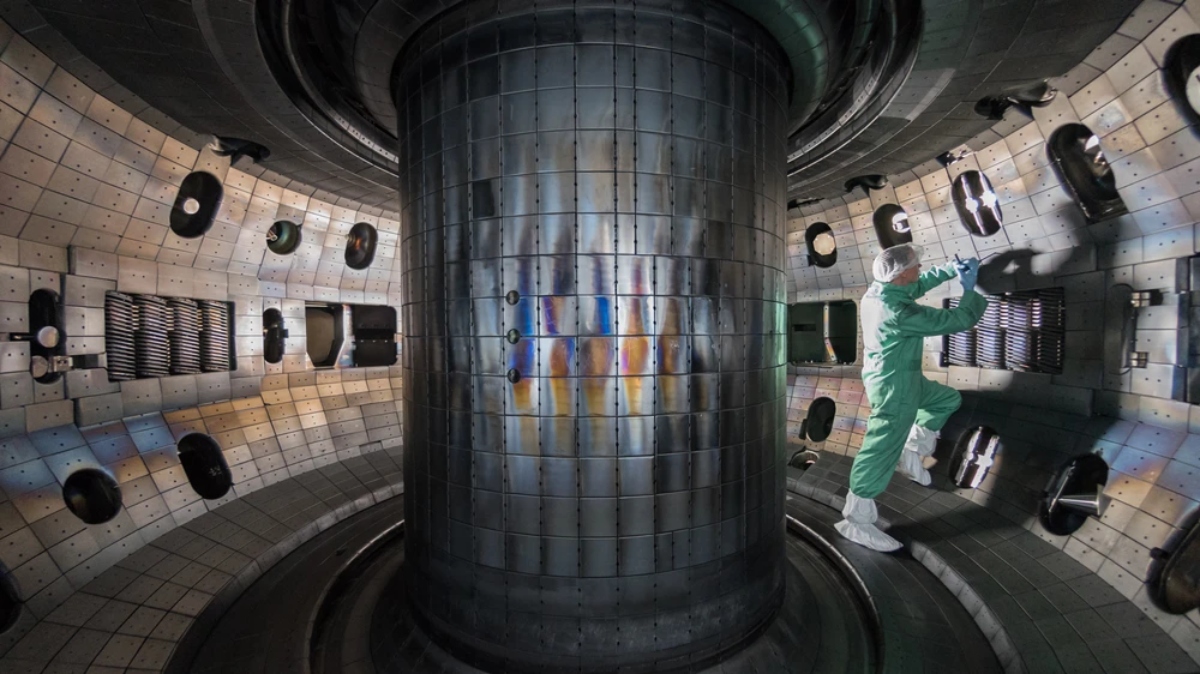Many science fiction films feature the use of flat, emotionless voices. Everything seems to indicate that this is the way to differentiate the present time with a future. The dystopian tone is increasingly used by the film industry in its futuristic productions.
Productions such as “From Her to After Yang to Dual” are an example of this rise of sad voices. In an industry with many independent productions, where few luxurious stages are seen, the voice has taken on a special prominence. A good atmospheric band, clever scenery, modest special effects and sad voices to pose possible human futures.
21st Century Science Fiction
The film industry, mainly to recover from the pandemic hiatus, has been working on profitability. There, technology has been enabling other costs. In addition, to find a certain pattern in that fictional universe, as is the case of the sad voice in science fiction.
The cinematic notions of the fantastic dystopia have an activity far removed from romantic interest. The example of Collin Farrel, speaking totally inexpressive in Yorgos Lanthimos’ The Lobster, is one of the great examples of this initiative in the cinema of the new century.
This acceptance, almost natural, of a future full of misfortunes is reinforced by the sad voice used. Both the lack of love in the characters, as well as the various adverse situations they must accept, are reinforced by a tone marked by sadness in the story.
Sad-Voice Sci-Fi, which stars Farrell, is also driven by young filmmakers. The choppy, hushed conversations with each other are signs of a new look at the use of technology to signal how the future of humanity is envisioned.





